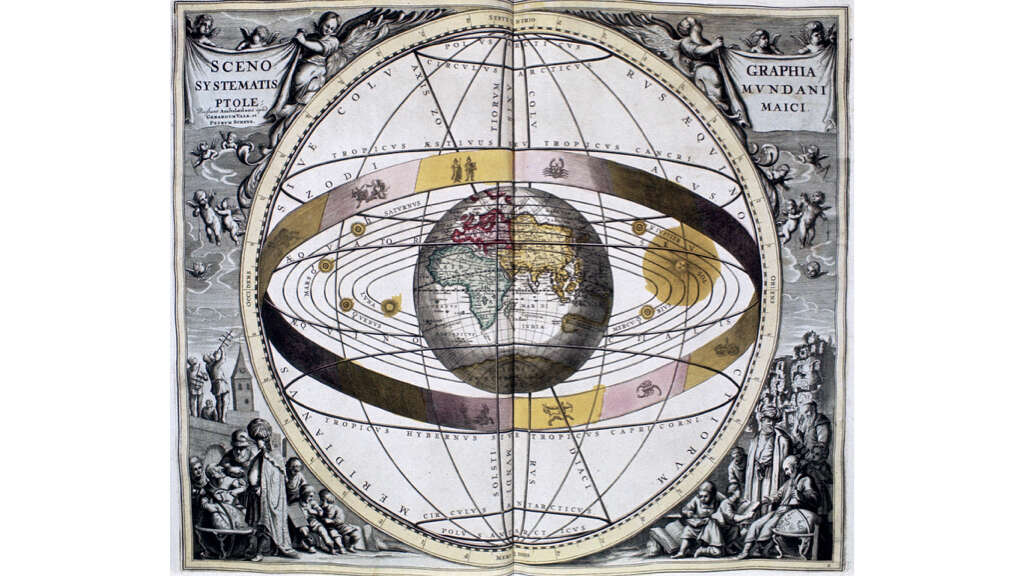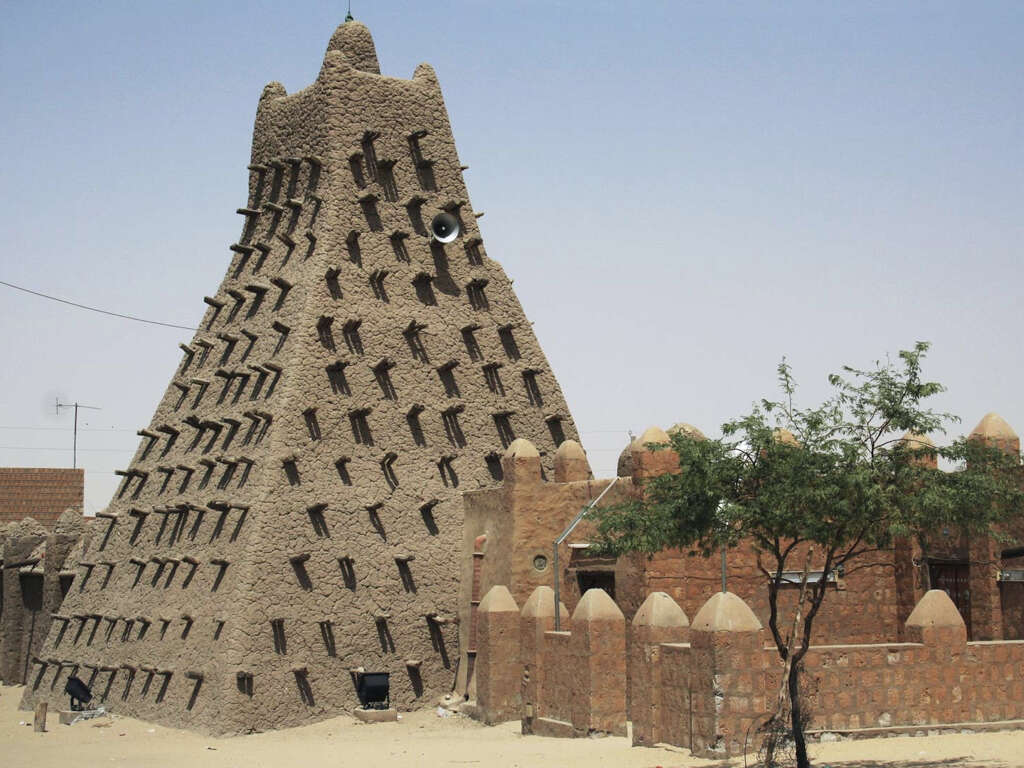Who Was Aristotle?
In order for us to become as advanced and knowledgeable as we have, it has been necessary for us to break boundaries when it comes to how we think about things. Great names like Einstein and Darwin were able to think outside of the box and help us to see everything around us in a very different light.
Some of the most revolutionary breakthroughs happened when mankind’s civilizations were in their infancy. The ancient Greeks lived in a time when we were relatively ignorant, but some people of the time were able to introduce new knowledge and new ways of thinking to us. One of the most famous of all these thinkers was a gentleman by the name of Aristotle.
1. Early Life
Aristotle was born in the Greek city of Stagira in 384 BCE. His father, Nicomachus, held a lofty position in society because he was the personal physician to the king of the time: Amyntas III of Macedonia. Thanks to his fathers close relationship with the king, Aristotle was able to meet some of the most powerful people in the region at the time. He even got to meet the kings son, Philip, who would later go on to become king himself. When he was around 18 years old, Aristotle travelled to Athens and joined the academy of another great philosopher: Plato. He remained at the academy until he was 37 years old. He left the academy shortly after Plato died.
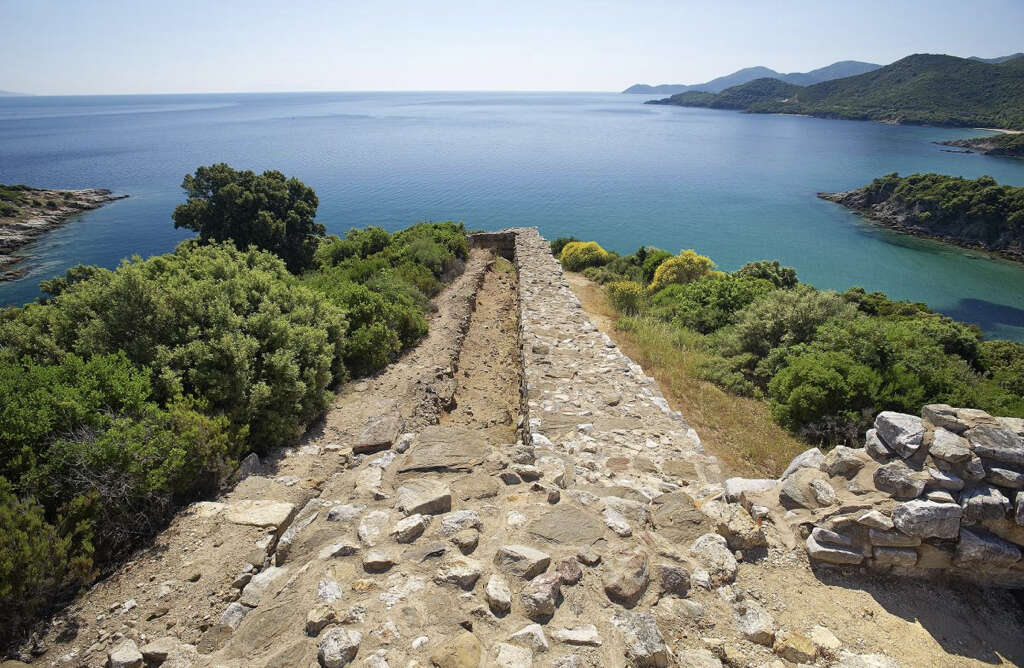
2. Raised by His Sister
Aristotle was fortunate enough to have lived a relatively comfortable life, but he didn’t always have things his own way. When he was young, his parents passed away leaving him an orphan. Fortunately for Aristotle, however, there were other people willing to become his guardian until he came of age.
With his parents gone, Aristotle was cared for by his elder sister, Arimneste. Arimneste’s husband, Proxenus of Atarneus also helped. Proxenus helped to educate Aristotle before he left for Platos academy. Proxenus and Arimneste went on to have a grandson by the name of Callisthenes who went on to be a collaborator and student with Aristotle.
3. Academy Life
Nowadays, learning involves teachers that are educated in a particular subject who then pass on their knowledge to their pupils. Classes are in a rigid format and teachers will generally follow a predetermined curriculum throughout. Education in Aristotle’s time, however, was very different.
At Plato’s university, students and tutors would instead challenge each other on particular topics and debate them. It is very different from what students are used to today but the open method would likely have been beneficial to the great thinkers of the time. Aristotle didn’t take Platos position when he died because they didn’t agree on many topics.
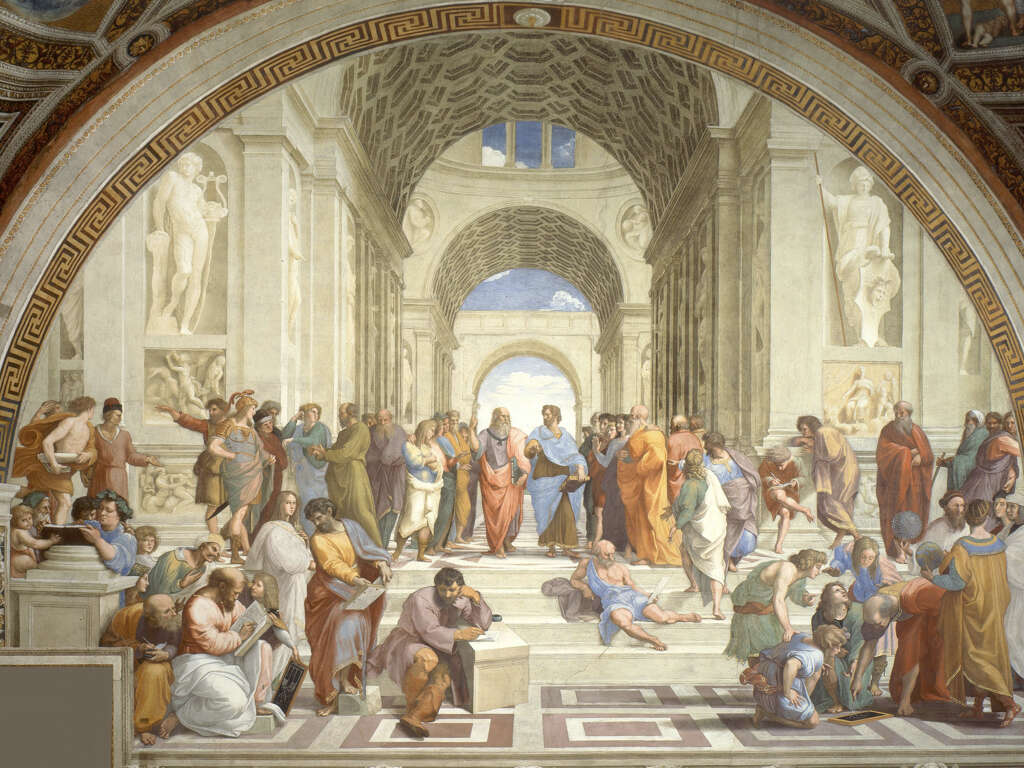
4. Alexander the Great
As mentioned, Aristotle had met the son of King Amyntas III, Philip. Philip would go on to become King Philip II. King Philip II was well aware that Aristotle was a fine scholar and asked him to tutor his son, Alexander III of Macedon. Alexander III is better known by many people as Alexander the Great.
Aristotle remained Alexanders tutor until Alexander was 16 years old. Alexander would go on to be one of the finest leaders in the region and among the most famous of all leaders in antiquity. Alexander the Great created one of the largest empires of the time, no doubt guided by the wisdom that he had gained from Aristotle.
5. The Lyceum
In ancient Greece, the Lyceum was a temple that was dedicated to the god Apollo Lyceus. The temple had long been used as a center of debate for philosophers, and famous names such as Plato and Isocrates had taught there before Aristotle. During Aristotle’s time, it became a legendary place of learning.
Aristotle began teaching regularly at the temple and officially established a school that was known as The Lyceum. Scholars following Aristotle were known as Peripatetics because of Aristotle’s habit of walking when he was teaching. It is also here the Aristotle founded one of the worlds first great libraries.
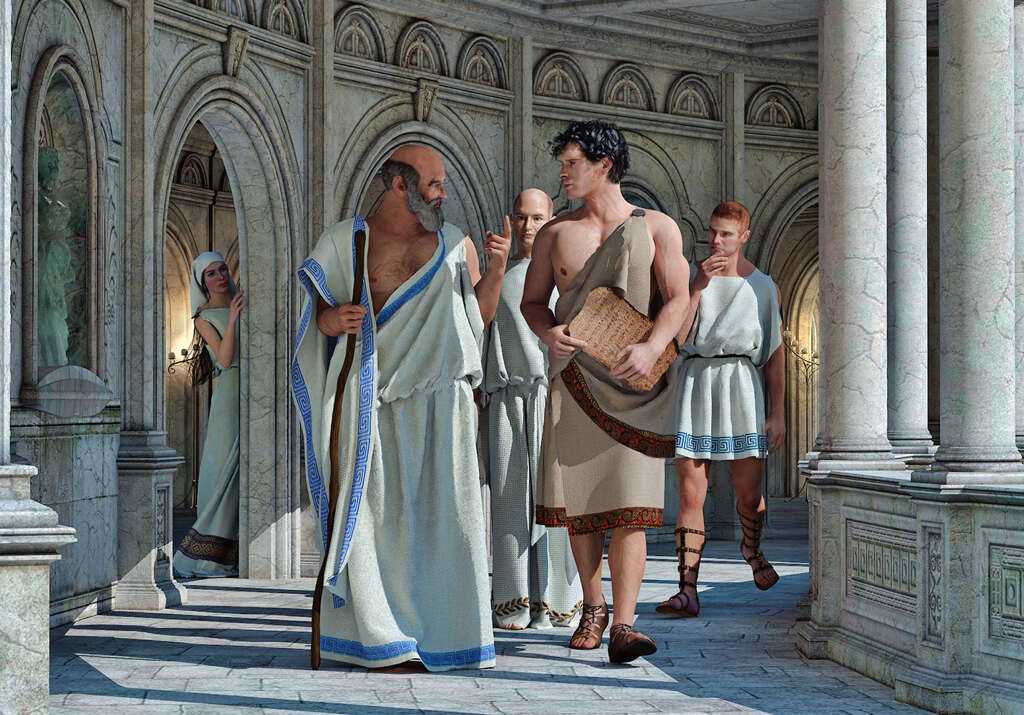
6. Dissecting Animals
Anybody who has studied biology at school will likely have had experiences in dissecting animals to learn more about them. It may sound unpleasant to a lot of people but it is necessary to help students to learn more about the anatomy of animals and how they, and we, are put together.
This is a practice that was started by none other than Aristotle himself. Before this, it was common for people to use their minds instead to try and determine what was going on inside animals. Aristotle took our knowledge to a whole new level and his work led to many important discoveries.
7. Classification
Aristotle noticed that certain plants and animals seemed to fall under certain categories. He used his observations to begin classifying animals and plants and was the first person to do so. When it came to animals, he divided them into two main categories, which were those with red blood, and those without.
Within those classifications were another five classifications in each group, with another level of classification being the species. His classifications are very similar to those that we use today, although whether or not they have red blood has been replaced with whether or not they are vertebrates.

8. The Father of Biology
Aristotle applied thinking to the world of biology in ways that nobody before him had ever done. In addition to creating classification systems for animals and plants, he also applied a systematic method of studying plants and animals. His work helped to standardize research into biology and this led to more discoveries about the natural world.
As such, he is considered to be the father of biology. Other people have made more in-depth progress in regard to the subject but it was in Aristotle that it all started. Charles Darwin is also considered to be a father of biology, although his work helped begin the era into modern biology.
9. Syllogisms
Logic is a useful tool that helps us to determine facts. It helps us to eliminate the wrong answers and lead us to the right answers. Logic has long been studied by many famous philosophers, while it is also used by mathematicians, scientists, and even computer programmers.
Aristotle developed a tool of logic that we still often use today: The syllogism. It is a well-known format, an example being: All humans are mortal and all Greeks are human, therefore all Greeks are mortal. As you can see, it is a form of logical argument that helps make it clear what the premises are, and what the conclusion is.
10. Getting It Wrong
Aristotle was a great thinker and helped to form the basis of how we learn today. However, he lived a long time ago when mankind’s knowledge of our planet and the universe around us was far more limited than it is today. This meant that even a great name like Aristotle got some things wrong.
According to Aristotle, the heart was the center of intelligence, not the brain. He also thought that the gender of goats depends on the direction of wind flow. He also believed Earth was at the center of the universe, and that eels didn’t breed, but spontaneously generated from mud.
